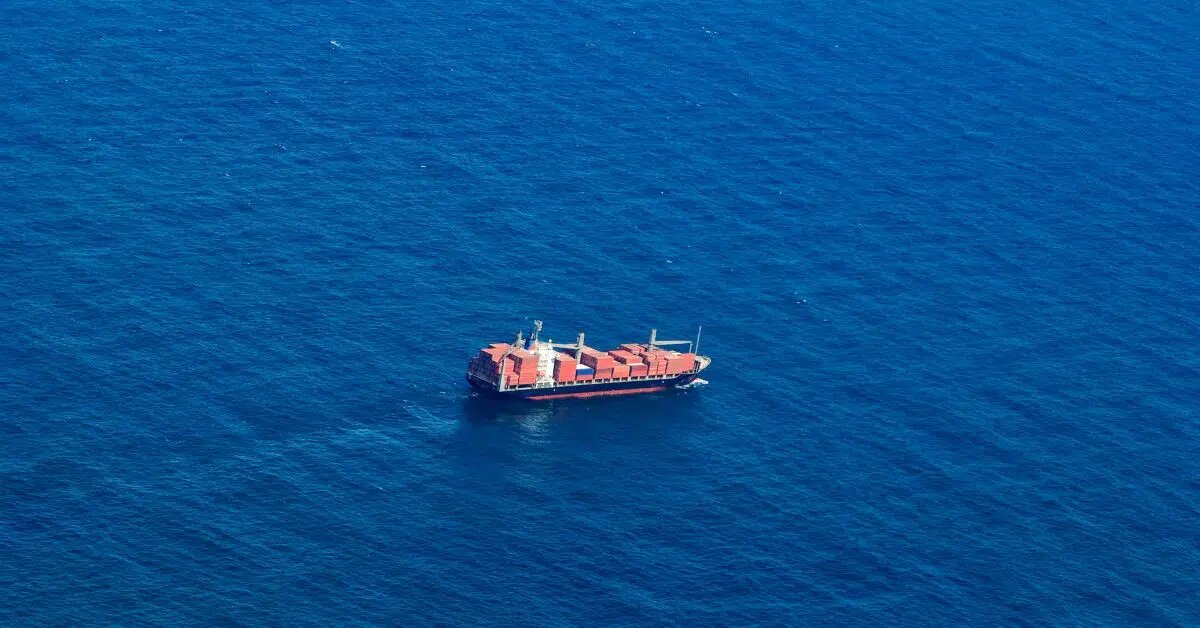Questions around LNG crewing remain unresolved, as fleet growth, retention issues and training challenges continue to pressure operators and their shore-based teams
With more than 120 new LNG carriers required to support QatarEnergy’s expansion programme, questions over how to crew them have taken on renewed urgency. Pronav Ship Management managing director Martin Roolvink was one of the first to caution against repeating the mistakes of the past.
In 2007 and 2008, a sudden demand spike led to a scramble for qualified LNG officers, pushing crew costs beyond sustainable levels.
“Crew salaries doubled within a year,” he recalled. “The solution is not another bidding war, but long-term planning and training.”
Pronav’s focus has been on growing and retaining its own talent.The company reports officer retention rates of over 90%, a figure attributed not to salaries but to scheduling discipline and support from ashore.
“Seafarers want to go home on time,” said Mr Roolvink. “If that happens, they will stay.”
Crewing LNG carriers, he added, is about stability and predictability, not simply filling gaps with the highest bidder.
That stability may soon be tested.
A combined analysis of orderbook data and training pipelines suggests up to 18,000 additional LNG-qualified seafarers could be needed by 2028.While the figure is debated, few disagree that the pool of experienced gas officers is shallow and growing slowly.
Many operators are looking to cross-train personnel from oil or LPG tankers, but this risks creating shortages elsewhere.At issue is not just volume, but qualification.
LNG carriers are among the most technically demanding ships afloat. To that end, the Society of International Gas Tanker and Terminal Operators has developed a matrix of crew competency standards.
Yet as Mr Roolvink noted, the matrix is sometimes misunderstood. “It is not a hard requirement, but an advisory document,” he said. “We comply with it, but it would help if charterers and terminals would align expectations around it.”
Industry concern extends to cadet berths and simulator time.Speaking at a Riviera conference in late 2023, MOL and Uniservice representatives both described training as a bottleneck. “It can take years to develop a competent LNG officer,” said one training manager. “You cannot just take someone from another ship type and expect them to be ready overnight.”
So far, LNG operators have largely managed to avoid wage inflation, in part by growing their own crews and maintaining strong ties to maritime academies.However, as QatarEnergy-linked deliveries enter service from 2026 onwards, pressure will mount on crew availability.
The risk of a bidding war may increase if too many operators depend on the same limited pool of officers.The consensus is that the crewing question has not yet been answered. Instead, it has been deferred.
LNG operators are urged to co-operate across ownership, crewing, and chartering lines to expand training capacity and harmonise experience standards.
“We are not there yet,” said Mr Roolvink. “But we know what works. The question is whether the industry will commit to it in time.”






